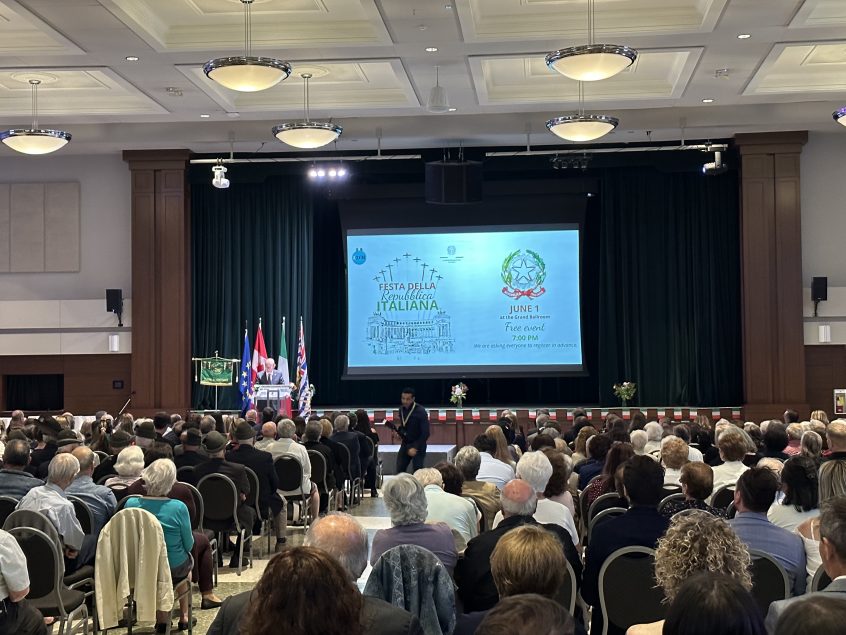La Festa della Repubblica, also known as Republic Day, is a significant national holiday observed annually on June 2nd in Italy (June 1st in Vancouver, BC). This celebration commemorates the establishment of the Italian Republic and represents the Italian people’s unwavering dedication to democracy, freedom, and national unity. This summary provides an overview of the Festa della Repubblica, delving into its historical background and highlighting its importance to the Italian populace.
Historical Background:
The Festa della Repubblica holds immense historical significance as it marks a pivotal moment in Italian history. On June 2nd, 1946, an extensive referendum was conducted throughout Italy, wherein citizens were given the choice between maintaining the monarchy or establishing a republic. The majority of Italians voted in favour of a republic, leading to the abolition of the monarchy and the birth of the Italian Republic.
Celebrations and Traditions:
La Festa della Repubblica is celebrated across Italy with a myriad of events, parades, and ceremonies. The most prominent and widely recognized festivities take place in Rome, the capital city, where the President of the Italian Republic presides over a military parade along Via dei Fori Imperiali. This parade serves as a splendid display of Italy’s armed forces, including the Army, Navy, Air Force, and Carabinieri.
In addition to the military parade, numerous cultural activities, concerts, and exhibitions are organized throughout the country. The Italian tricolor flag, with its iconic green, white, and red stripes, is prominently showcased, adorning public buildings, streets, and private residences. Many Italians partake in patriotic gatherings, public speeches, and fireworks displays, all of which express their deep pride in the Italian Republic.
Significance:
The Festa della Repubblica holds tremendous significance for the Italian people, symbolizing their resolute commitment to the values of democracy, liberty, and national unity. It stands as a powerful reminder of the collective efforts that paved the way for the establishment of the Italian Republic and the triumph of popular sovereignty over monarchical rule.
This holiday not only celebrates Italy’s political transformation but also serves as an opportunity to pay tribute to those who sacrificed for Italian independence and acknowledge the progress made since the republic’s inception. It enables Italians to reflect upon their national identity, values, and shared history, fostering a sense of unity and pride among the citizens.
Furthermore, the Festa della Repubblica holds an even greater historical significance as it commemorates the day when women in Italy gained the right to vote. This annual celebration, which marks the establishment of the Italian Republic, has become a momentous occasion for acknowledging the victory of women’s suffrage.
By acknowledging the historical significance of La Festa della Repubblica, the event at the Italian Cultural Centre in Vancouver amplifies the celebration, recognizing not only the birth of the republic but also the hard-fought right of women to participate in the democratic process. This acknowledgment honors the progress made in advancing gender equality and underscores the ongoing commitment to inclusivity and equal representation.
Ultimately, La Festa della Repubblica stands as a profound symbol of Italy’s journey as a republic, the triumph of women’s suffrage, and the continuous pursuit of gender equality. The festivities at the Italian Cultural Centre in Vancouver serve as a platform to honour these significant milestones, bringing together a community united in recognizing the invaluable contributions of women and the progress made towards creating a more inclusive and equal society. As we commemorate La Festa della Repubblica, let us remember and celebrate the triumphs of the past while working towards a future that embraces the rights and voices of all individuals, irrespective of gender.

